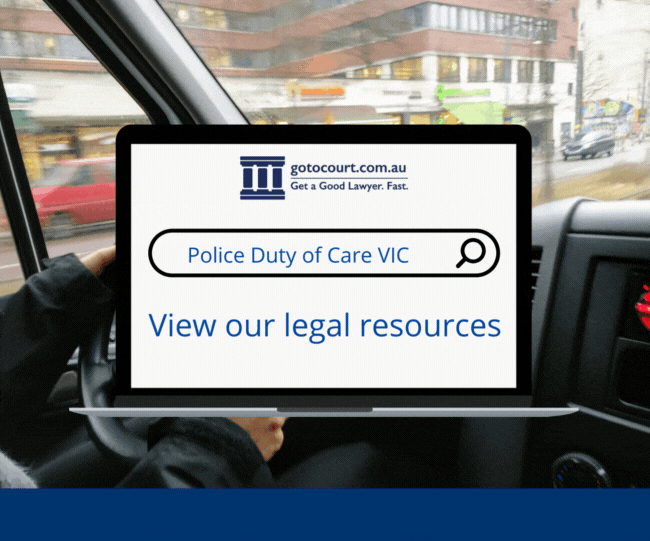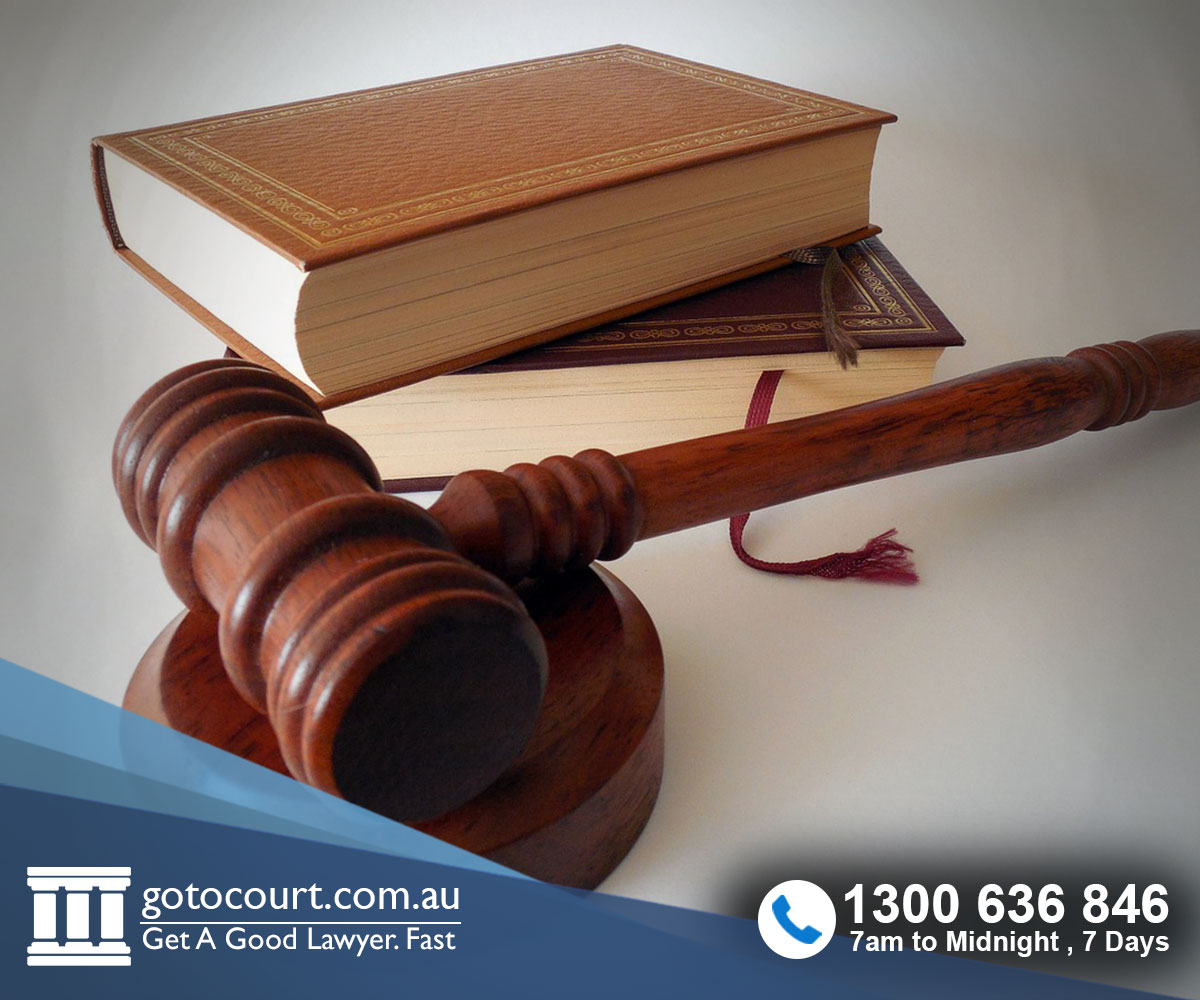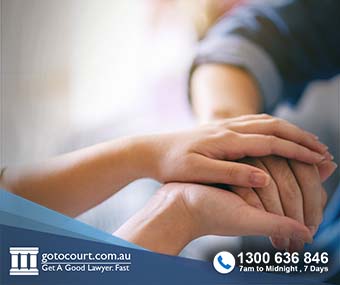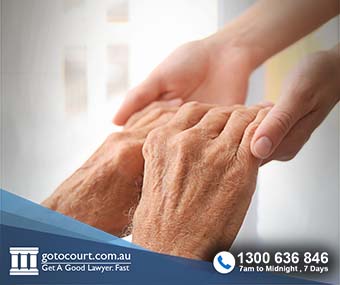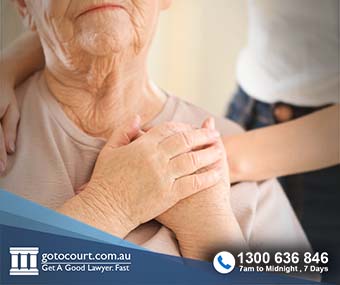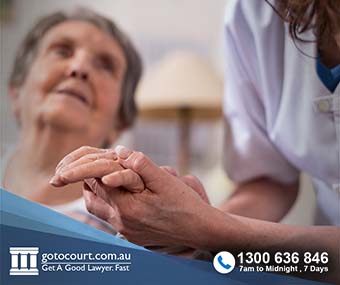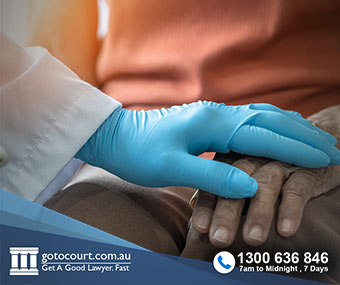Call our lawyers
now
or,
have our lawyers
call you
Duty of Care in South Australia (SA)
Updated on Nov 03, 2022 • 5 min read • 391 views • Copy Link
Duty of Care in South Australia (SA)
A duty of care is a legal responsibility to take all reasonable steps not to cause foreseeable harm to another person or their property. Breaching a duty of care opens a party up to a claim of negligence if someone sustains an injury. In South Australia, the Civil Liability Act 1936 creates the framework for a negligence claim in case of a breach of duty of care. This article explains the duty of care relationship in South Australia.
Duty of care South Australia
Under tort law, a duty of care is an obligation to adhere to a standard of reasonable care to avoid other people coming to foreseeable harm. Put simply, a person with a duty of care must take reasonable action to protect another person’s health, safety and well-being. Certain people and institutions have a duty of care to specific other people.
A relationship with a duty of care is characterised by the fact that one person relies on the other person. Previously, courts have recognised that certain relationships always have an inherent duty of care. For example, a physician has a particular duty of care to their patients, just as a school has a duty of care to its students. When there is no already recognised duty of care relationship, a court can still decide that there is a duty because there is a reliance, control, and a sufficiently close relationship (“proximity”).
Exemptions from duty of care
The Civil Liability Act does note some exceptions to duty of care obligations. For example, a person who acts as a Good Samaritan to help someone in an emergency has no personal liability. As long as the rescuer acts in good faith and not recklessly, they should not be held to the same standards of care.
Negligence
When someone with a breach of duty fails to fulfil that duty, and the result is harm to someone else, this is called negligence. Someone who suffers harm in this circumstance can seek compensation for loss or damage, to put them back in the position that they would have occupied if not for the negligence. A plaintiff can only receive compensation in a negligence case when the following elements exist:
- The defendant had a duty of care to the plaintiff;
- The defendant breached their duty of care;
- The plaintiff incurred damage, loss or injury; and
- The defendant’s breach of duty of care caused the damage, loss or injury.
Breach of duty of care
As noted above, a plaintiff must have evidence to demonstrate that the defendant breached their duty of care. The standard test of a breach is whether the defendant acted with less care than a reasonable person would exercise in the same circumstances. An individual or company can also have vicarious liability for the negligent acts of others. For example, an employer can be held legally responsible for discrimination or bullying that occurs in the workplace or in relation to a person’s employment.
Breaches of duty can be either a failure to act or actions that do not meet the required standard.
For example, breaches of duty of care include:
- a local council failing to fix play equipment in a public park;
- a driver failing to pay attention when driving;
- a doctor failing to warn of the risks of a medical procedure; or
- a workplace ignoring complaints of unsafe work practices.
Loss or damage
Any of the breaches of duty listed above have the potential to cause injury or loss to a person. However, the same breach might not result in any harm, if no child plays on the faulty play equipment, or the inattentive driver manages to avoid any collisions. To make a case for negligence, a plaintiff must prove that they experienced compensable loss or damage.
Negligence claims often focus on personal injuries that occur after a car accident, a slip and fall on public or private land, or medical negligence. In addition to compensation for the personal injury, a negligence claim might also seek recompense for property damage or other economic loss.
Causation
A further essential element of a negligence claim is the need to prove causation. That is, a plaintiff must establish a link between the breach of duty and their harm. To establish negligence in South Australia, a plaintiff must establish that the defendant’s breach of duty of care was at least partially to blame for the injury or harm. Sometimes the injured person also shares some blame for the injury. For instance, when a plaintiff neglects to take reasonable care of themselves, this may be contributory negligence that limits the defendant’s liability.
Apologies
It is important to know that just because someone offers an apology, that is not a smoking gun proving liability. South Australian law stipulates that an apology cannot be held to be an admission of breach of duty in negligence cases. An apology may simply indicate regret for someone’s injury without conveying consciousness of wrongdoing.
Limitations
There are time limits to bringing a negligence claim in South Australia. A plaintiff can make a claim for property damage or economic loss in the six years after the incident (filing at least 90 days prior). However, the deadline for a personal injury claim is only three years (filing at least 90 days prior). Under the Uniform Civil Rules 2020, a plaintiff with a personal injury claim also needs to serve the respondent with an “early notice of injury” sometime in the six months after the incident. If you sustain an injury because someone breaches their duty of care, you may be entitled to compensation.
Go To Court Lawyers can advise you on whether you have a claim and help you every step of the way to make sure you get your entitlement. You should contact our civil law team as soon as possible, as strict time limits apply to negligence claims in South Australia.

Affordable Lawyers
Our Go To Court Lawyers will assist you in all areas of law. We specialise in providing legal advice urgently – at the time when you need it most. If you need a lawyer right now, today, we can help you – no matter where you are in Australia.How It Works







1. You speak directly to a lawyer
When you call the Go To Court Legal Hotline, you will be connected directly to a lawyer, every time.


2. Get your legal situation assessed
We determine the best way forward in your legal matter, free of charge. If you want to go ahead and book a face-to-face appointment, we will connect you with a specialist in your local area.


3. We arrange everything as needed
If you want to go ahead and book a fact-to-face appointment, we will connect you with a specialist in your local area no matter where you are and even at very short notice.





